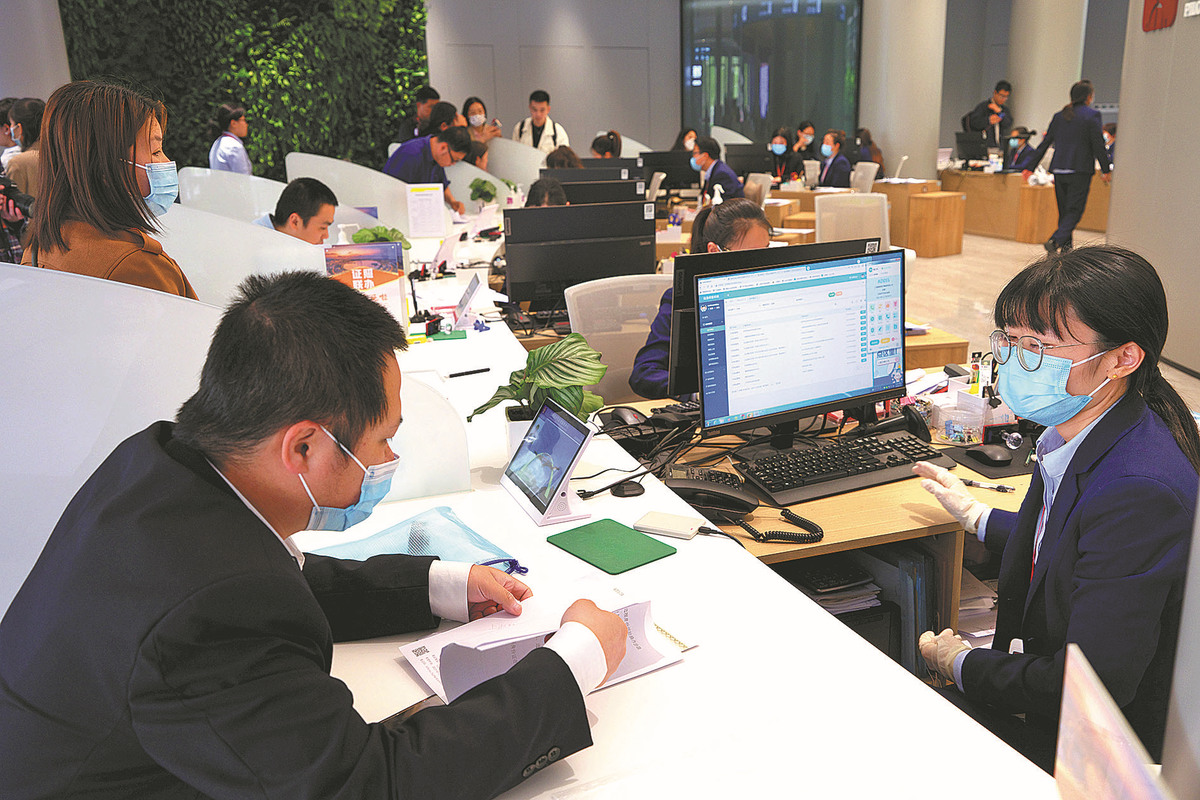A springboard for growth


A key development driver
According to Sun Yuanxin, a professor from Shanghai University of Finance and Economics, the Shanghai FTZ has the strongest economic capacity among all Chinese FTZs. As such, it serves an important role in leading China's economic development.
Sun noted that the industrial clusters comprising companies from emerging sectors like integrated circuit, new energy vehicles, aviation, biomedicine, artificial intelligence and high-end equipment in the Lingang Special Area, which became a part of the Shanghai FTZ in 2019, have been developing quickly over the last decade.
Echoing this point is Xie Yiqing, associate researcher from the Institute of China Studies at the Shanghai Academy of Social Sciences. Xie said the Shanghai FTZ should also further strengthen its ties with neighboring regions so that it can better serve the integrated development of the Yangtze River Delta region, which was elevated as a national strategy in 2018.
"There should be deepened cooperation in terms of digitalization, green transition and smart development between the Shanghai FTZ and the rest of the Yangtze River Delta region. In this way, more successful experiences and business models can be created and promoted to other Chinese FTZs," she said.
According to the Organization for Economic Cooperation and Development, China has been among the most active when it comes to relaxing foreign shareholding restrictions in industries like financial services, manufacturing, agriculture and pharmaceuticals over the last decade, and the FTZs have played a key role in this.
"Having contributed approximately 1 percentage point to global growth per year for the past decade, China will undoubtedly remain a key driver of the economic recovery moving forward. China's FTZs can be effective catalysts for more vibrant global trade and ultimately for stronger development and growth in China and beyond," said Mathias Cormann, OECD's secretary-general.
Zhang Lei, a researcher from the Institute of International Business at Shanghai University of International Business and Economics, noted that the Shanghai FTZ should carry out more reforms and opening-up measures to expand the domestic market and tap into more global resources to help China move up the international value chain.
Zhou Qisheng, deputy director of the research office of Pudong New Area Party Committee, said the development path of the Shanghai FTZ will be rather different from a decade ago given the fact that the world is now facing challenges such as an economic slowdown and geopolitical tensions.
"Achieving stronger development will be key to realizing China's socialist modernization. There should be more growth engines nurtured, and the Shanghai FTZ should shoulder such a responsibility," Zhou said.
"Institutional innovation is a tool that will closely serve China's opening-up," he added.
























